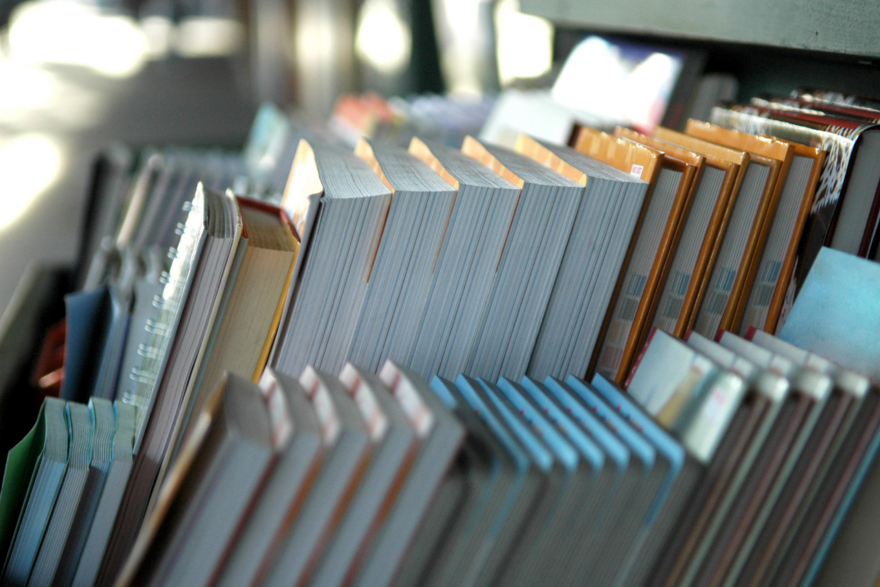Read what you want to write.

The next time you read a story that is astonishing and brilliant, train yourself to pause before you turn the page or close the book. Go back to the beginning. Ask yourself: how did that just happen?
When a story makes you breathe differently -- when it shoves you against a wall or punches you in the stomach or makes you feel dizzy or infatuated -- this is your cue to stop what you're doing and seriously interrogate it.
It's not enough to read a story once. You need to find out how the author did it. I don't mean Googling her to find out how long it took her to write it, or what school she attended. I mean that you must read the story again, as a writer.
Writers write, so take notes. Read the story again, and write down what you learn. Write thoughtfully, as though you have been asked to explain the mechanics of this story to someone else.
You're not focusing on content, here. For instance, imagine you just read this amazing story called The Blue Egg. It made you cry (or laugh, or kept you up at night, etc). The big blue egg might symbolize new life in the story, or it might represent another planet, or it might stand for the intuition of the narrator. Who cares. Leave that to the English classes. What the blue egg means doesn't matter.
What matters to you, as a writer, is: does the blue egg feel true?
Do you feel like you can see the blue egg? Does it seem as though the blue egg has always existed, even though you just now read about it? Is the egg written with so much authenticity that you can't imagine your world without this blue egg in it? Yes? Okay. Proceed.
How many sentences did the writer use to describe the blue egg? In what point of view is this story written? How much of this story is scene, and how much of it is exposition? When the blue egg speaks, does the author use quotation marks? How does the author show you that you know what the blue egg sounds like? At what point in the story did you realize you cared about the blue egg?
Then you can go even further, and ask yourself: If I were to write a few paragraphs of my own story in the style of this writer, where would I start? What decisions would I make about point of view, dialogue, scene, exposition, or detail?
This is how you will learn how to write.
Training yourself to read as a writer is the best writing class you will ever take, because when you do this you teach yourself exactly what you love to read, and why, and how.
And then, of course, you will discover how to write what you want to read.
xo,

ps. For an excellent and inspiring book on this subject, try Reading Like a Writer, by Francine Prose.
pps. The celebration of YOSS (Year of the Short Story) continues: it was announced yesterday that the dazzling collection Better Living Through Plastic Explosives is a finalist for the Scotiabank Giller Prize. Yes! Big congratulations to my dear friend and mentor, Zsuzsi Gartner!

3 comments
Leave a comment